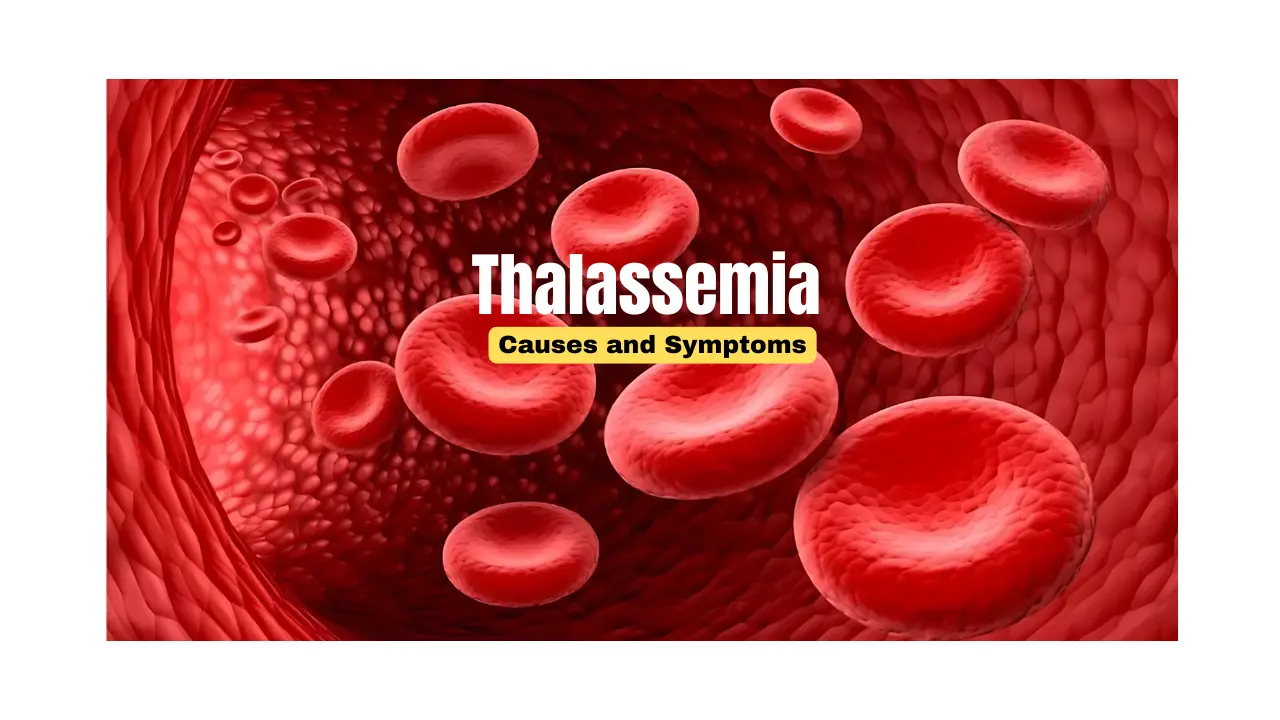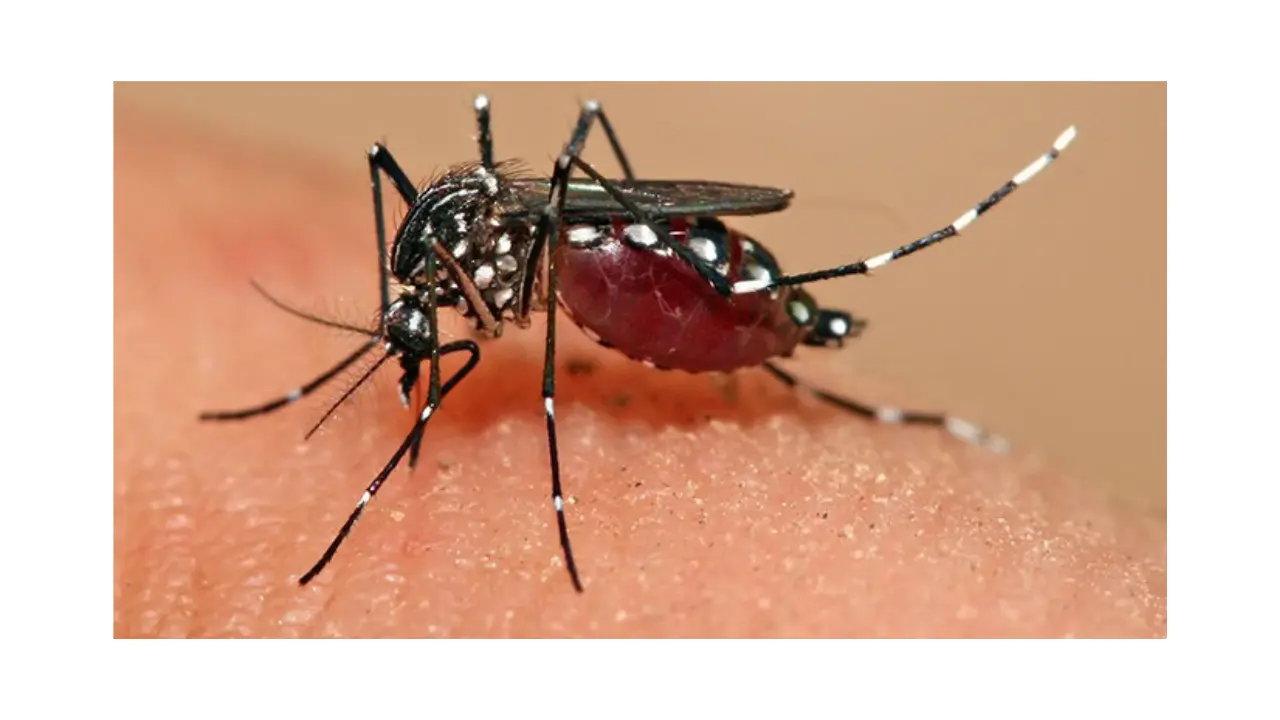Thalassemia is an inherited blood disorder that affects the production of hemoglobin and red blood cells in the patient’s body. There are two types of thalassemia: alpha and beta. In this disease, the patient may experience symptoms like anemia. These symptoms can range from mild to severe. Patients with mild thalassemia do not show any symptoms. They do not even need treatment. But aHowever, a person suffering from a severe form of the dose Understand the causes and symptoms of thalassemia. symptoms of thalassemia are. are. Also know about its treatment.
Causes, symptoms, and treatment of thalassemia
According to the Mayo Clinic, most children suffering from moderate to severe thalassemia start showing symptoms within the first two years of life. If your doctor thinks your child has thalassemia, he can confirm it by diagnosing it with a blood test. The following are the causes, symptoms, and treatments associated with thalassemia:
Causes of Thalassemia
This disease is genetic. This disease occurs when the patient inherits mutated genes from their parents, which change the hemoglobin. The patient has this disease from birth. If both a child’s mother and father have this disease, then the child may also have it. But if someone has inherited two or more copies of the abnormal gene from their parents, they can have mild to severe thalassemia. The affected protein type determines the severity of the condition.
Symptoms of Thalassemia
The severity and type of Thalassemia determine its symptoms. Its symptoms can be similar to anemia. Thalassemia commonly manifests the following symptoms:
- Children’s growth is slow
- Weak bones
- Enlarged spleen
- Weakness
- Fatigue
- Yellow skin
- Dark urine
- A lack of appetite
- Heart problem
In some people, its symptoms begin at birth, but in others, they take many years to appear. At the same time, some people do not see any symptoms of thalassemia.
Treatment of Thalassemia
The treatment of thalassemia depends on its type and severity. Typically, doctors recommend the following treatments:
- Bone marrow transplant (BMT)
- Blood transfusions
- Supplements and medicines
Other treatments for thalassemia include surgery, chelation therapy, gene therapy, bone marrow and stem cell transplants, among others.
Special note: The information given here is based on research. But if you are suffering from any physical problem, then definitely consult your health expert.
#BloodDisorders #MedicalKnowledg #ThalassemiaSymptom #ThalassemiaCauses #HealthEducatio #ThalassemiaAwarenes #ThalassemiaTreatment





